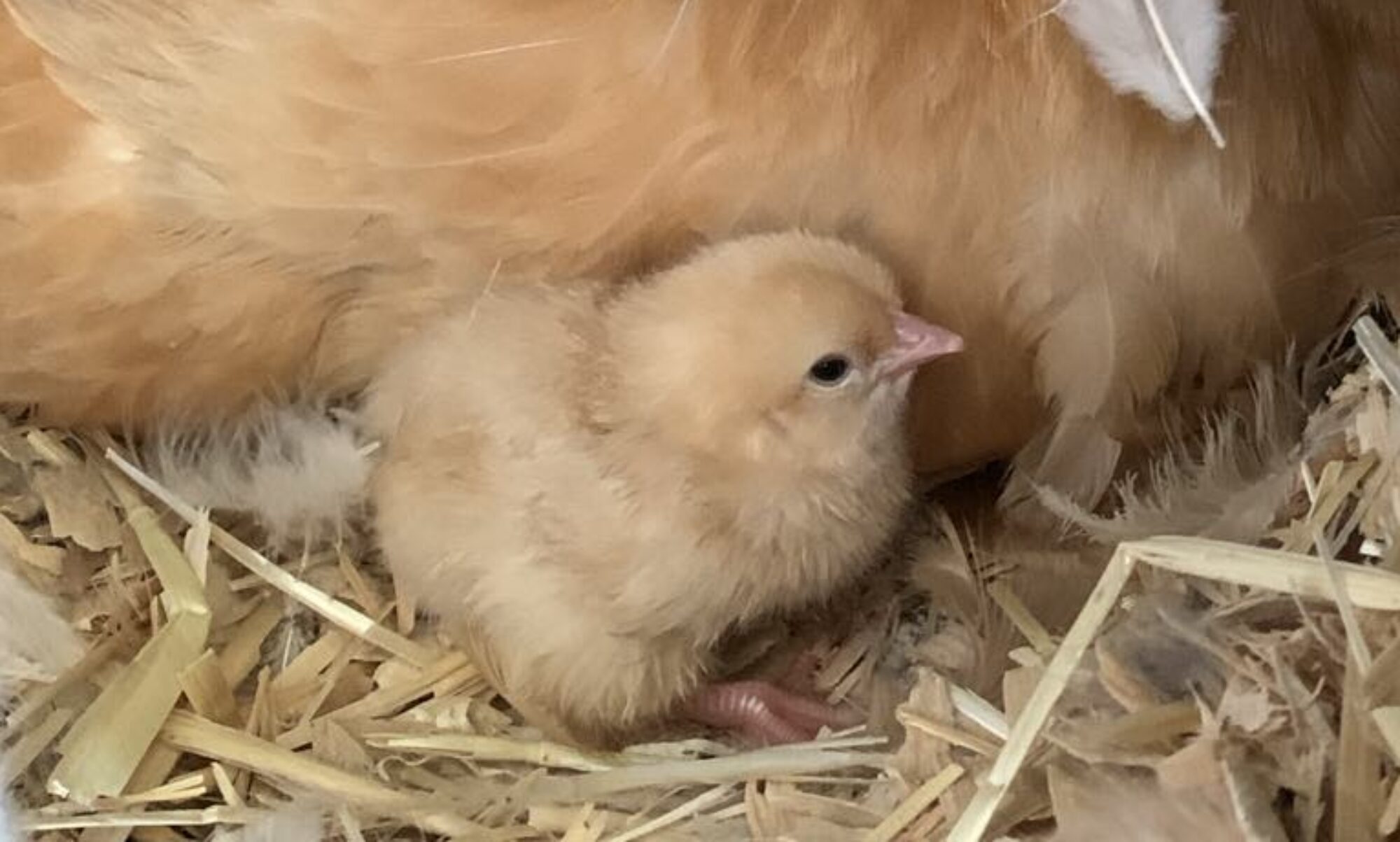Fall is a great time of the year for animals. Everyone’s garden is nearing the end and it’s also time for yard clean up before the winter sets in. I don’t let anything go to waste as I do garden clean up and prepare for the inevitable cold and snow. My animals help me with clean up, and feeding all the excess garden produce and yard trimmings helps to cut some food costs. As I pull plants out of the garden, those that are edible go to the animals. I pick the last of the grapes for the chickens, and the goats get a few delicious meals of gourmet grape leaves. The goats and rabbits love the green bean plants and the chickens enjoy the tomatoes. Had your fill of cucumbers? Goats, chickens ducks, cows, horses and rabbits all enjoy a juicy cucumber. Bruised apples from the tree make great treats and the chickens love it when they find a worm in their apple! You don’t really need to worry too much about your animals eating apple seeds. While it is true that apple seeds contain cyanide, the seed has to be crushed or chewed to release the poison. Chickens swallow the seeds whole, so no problem there and your larger animals would need to consume quite a few apples to be affected by the cyanide. Your animals will feel lucky if your pumpkin patch was a success. Pumpkins are a pretty hardy crop and will store well until the bitter cold of winter. I often hit up the local pumpkin patch after Halloween and take home a truck load of pumpkins that I dole out over the next month to all of the animals for their eating pleasure.

Most animals will be happy to help with garden clean up. I open the garden gates and let in the free-ranging chickens and ducks to enjoy all the vegetables, plants and bugs that they can find. A bonus here is that they will add fertilizer as they help with clean up. And don’t forget when you do bush and tree trimming that goats, cows and even rabbits will help with their disposal. Things like raspberry leaves are one of my goats favorites. If the branches are small and tender, my animals will devour those as well and they appreciate it if I leave them a few tasty raspberries attached! Tree branches with leaves make a good meal. After all, goats enjoy foraging and various leaves, branches and even bark are part of their natural diet.

There are some plants that are not good for your animals, or that they just don’t like. My animals love all kinds of squash and zucchini, but they draw the line at eating the squash plants. They won’t eat tomato plants either. Sunflowers, green bean plants and corn stalks are all on the “good eats” list. Carrot tops, beet greens, lettuce that has gone to seed can and will be enjoyed by your animals. Potato plants should be avoided, but raw or cooked potatoes can be given to your animals as long as they are not green. Chop them up a little if you are concerned about them being a choking hazard. Think about what foods your animals would be savoring if they were in the wild and add those as options to your animal’s diet.
Let’s go back to pumpkin seeds for a minute. Did you know there are claims that pumpkin seeds are a great, non-toxic dewormer for all kinds of animals and humans? Even your dogs and barn cats will benefit from pumpkin seeds! Raw, organic, unsalted pumpkin seeds are the best…fresh from the garden! They contain an amino acid called cucurbitin. It paralyzes a variety of internal parasites which are then eliminated from the digestive tract. There is a lot of controversy on this subject, and if your animal has a problem with parasites, a trip to the vet is certainly called for. But as a preventative measure, I like to rely on the remedies that Mother Nature provides. What have my animals got to lose? Besides, pumpkin seeds are loaded with a lot of other good stuff: protein, calcium, iron and other minerals. They can be fed to your animals whole, chopped or ground up. If your animals don’t seem to like the pumpkin seeds, grind them up and mix them in with their daily feed. I read about one person who would scrape out all the insides from the pumpkins they carved at Halloween, put them in freezer bags and save them for the spring onslaught of nasty parasites. If you didn’t grow your own pumpkins and don’t have access to a local Pumpkin Patch, consider picking up a pumpkin or two at the store and giving your animals a healthy treat and dose of worming medicine all in one! If you’re feeling ambitious, on the internet there are some tasty dog treat recipes using pumpkin. I plan to try a few!

Lastly, don’t forget about the herbs you planted. Herbs can be used for flavoring, insect repellent in nesting boxes, or medicinal purposes. Before the first freeze, be sure to harvest your herbs and dry them. Pull them out by the roots and hang them upside down in the barn or shed until they are dry. Or you can pull the leaves off and dry them in a dehydrator or simply laid out on paper towels. Store them in an airtight jar or ziploc baggie. That way you can use them throughout the winter. I use a small amount of mixed herbs in my chickens daily feed during the especially cold winter months in an attempt to keep my chickens healthy and boost their immune systems. Makes me feel better!

The bottom line is that your animals can all help and benefit from the fall clean up. Don’t let possible food options go to waste. Include your animals in fall clean up!
Sources:
https://allnaturalpetcare.com/blog/2014/09/20/benefits-pumpkin-seeds-pets/
https://www.dogsnaturallymagazine.com/pumpkin-seeds-natural-worms-dogs/

